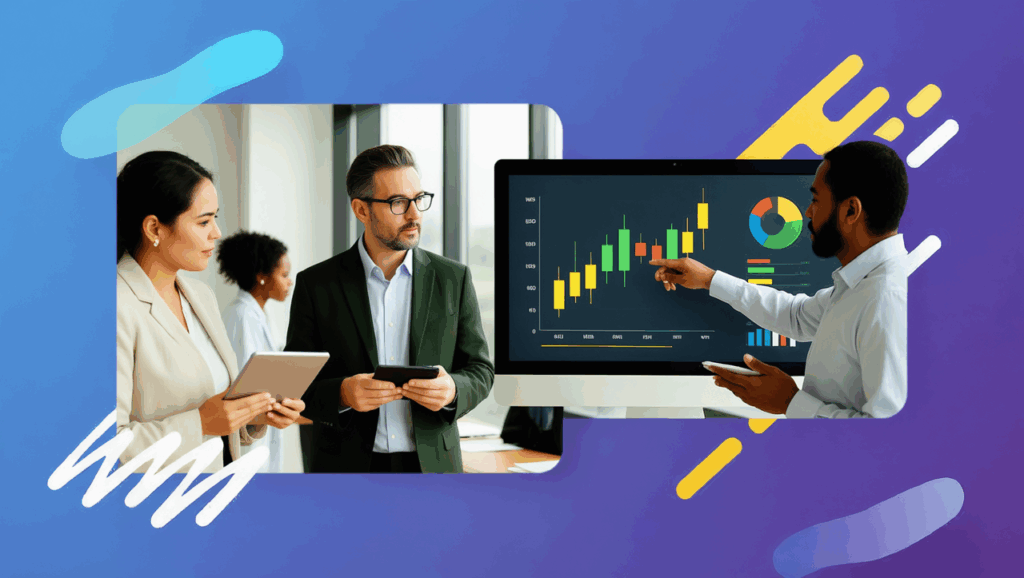Embedded accounting software integrates accounting functions within other software applications, streamlining financial processes and data management for businesses. This approach has gained significant traction in recent years, as it offers numerous benefits in terms of efficiency, accuracy, and user-friendliness. In this article, we will delve into the world of embedded accounting software, exploring areas it works particularly well, key features, and its impact on modern businesses.
Advantages of Embedded Accounting Software:
- Seamless Integration: Accounting functionality is built directly into order management, ops tools, or industry software—eliminating data duplication and ensuring real-time updates.
- Efficiency: Automates tasks like data entry and reconciliation, reducing routine labor and enabling strategic focus.
- Real-time Financial Insights: Access up-to-date financial data instantly to inform decision-making.
- Accuracy: Minimizes human error by synchronizing financial data across systems.
- Cost-Effective: Reduces the need for multiple systems or duplicate training while lowering ownership costs.
Key Features of Embedded Accounting Software:
- General Ledger: Tracks all financial activity and supports detailed reporting.
- Accounts Payable & Receivable: Automates invoice and payment processes to optimize cash flow.
- Financial Reporting: Generate P&L statements, balance sheets, and dashboards with real-time KPIs.
- Reconciliation: Automates matching between bank data and books—or between external/internal data sets.
- Inventory Management: Offers seamless real-time COGS and stock visibility for product-based businesses.
- Compliance & Taxation: Helps manage GAAP, IFRS, tax calculations, and audit preparation.
- Multi-currency Support: Enables global operations with automatic currency conversion and reporting.
Impact on Modern Businesses:
- Better Decision-Making: Real-time financial data accelerates agility and informed strategy.
- Improved Customer Relationships: Enables smooth billing and a unified user experience across platforms.
- Streamlined Operations: Reduces operational cost while increasing speed and accuracy.
- Scalability: Grows with the business without the need for system overhauls.
In conclusion, embedded accounting software is a game-changer for modern businesses. It offers a wide range of advantages, from seamless integration to real-time financial insights. By streamlining financial processes and enhancing accuracy, it empowers businesses to make data-driven decisions and achieve greater efficiency and profitability. As technology continues to advance, embedded accounting software is poised to play an even more significant role in shaping the financial landscape of the future.
Does SoftLedger offer embedded software?
The answer is yes! We provide enterprise accounting software without the enterprise price tag and it can be embedded into business software applications.
We’d be delighted to discuss your requirements and demonstrate our embedded accounting software to you in an introductory meeting. Click here to book an introductory meeting!



